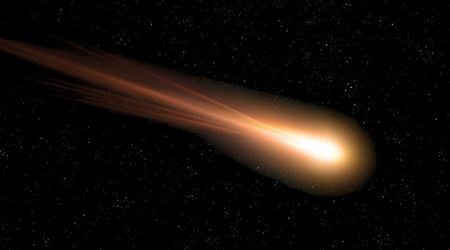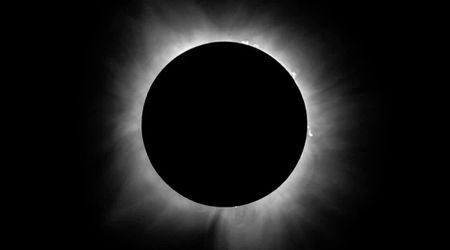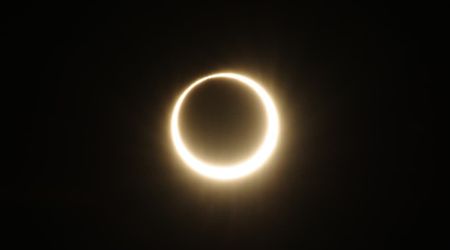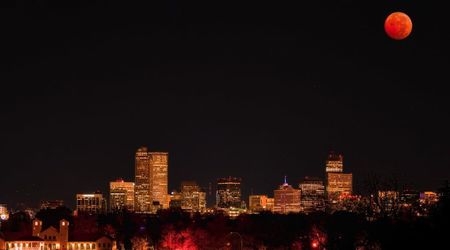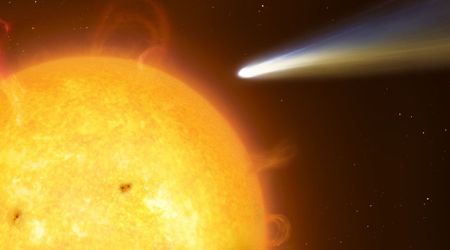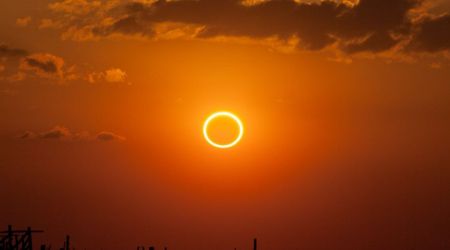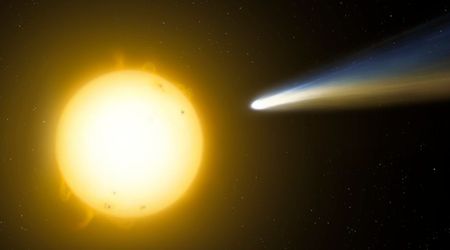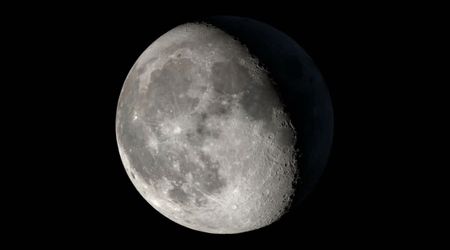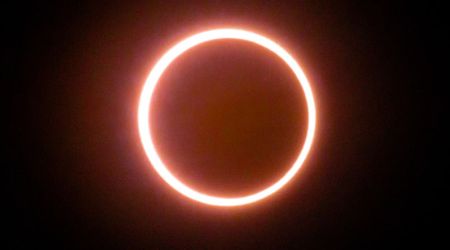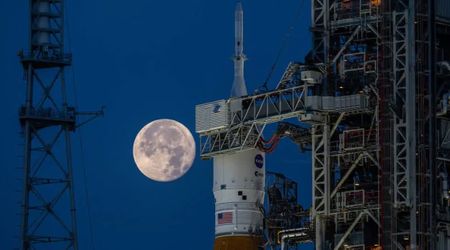best stargazing apps for iPhone and Android

Applications for smartphones have revolutionized backyard astronomy. You no longer need an advanced knowledge of stargazing, the messier catalog or the shape of constellations.
It's now easier than ever to find your way around the night sky. With just a few clicks, you can follow the trajectory of any planet, locate any constellation and identify any star.
These smartphone applications are available for download on Android phones and smartphones. Here are the best ones to have.
Table of Contents

- Apps for finding the planets
- Moon-watching apps
- Apps for locating deep-sky objects
- Apps for Discovering The Constellations
- Apps for tracking the International Space Station
- Aurora forecast apps
- Apps for finding dark skies
- Apps for learning about astronomy
- Weather forecast apps for astronomy
- Astrophotography apps
Apps for finding the planets
Solar Walk 2
This application is particularly useful if you are looking to learn about the solar system specifically. The software contains a large amount of information about the solar system. I used it for a while when I started my astro education.
It's like having your own virtual orrery inside your pocket!
A key feature is the impressive 3D model of the solar system representing a real-time view of where the planets are.
Free Version: IOS | Android - Paid Version: IOS | Android

Moon-watching App
The Moon - Phases Calendar
The moon is a beautiful sight in every telescope, that's a fact. Knowing when the moon is going to be full is particularly handy if you are planning on taking pictures of the moon in all its glory.
However, the light reflecting off our celestial companion can get in the way when observing other targets in the night sky. This app lets you know when the moon is rising when it is setting and how bright it is. A useful moon calendar to have for sure!
Free Version: IOS | Android - Paid Version: Android

App for locating Deep-Sky objects
Stellarium
Stellarium is one of the most popular planetarium applications available on smartphones and desktops. It is used by many amateur astronomers around the world. Stellarium allows you to locate any planet or deep space objects such as galaxies, nebulae and star clusters. After entering your geolocation, the application displays all celestial objects as they are in your night sky.
Stellarium has many interesting features, including the ability to move forward and backward in time. You can then see the trajectory of your desired target in the sky, making this application the ideal partner to plan your observations in advance.
Free Version: Android - Paid Version: Android | IOS

App for Discovering The Constellations
SkySafari
There are a total of 88 modern constellations in the night sky. This is a lot to locate, to identify and to learn about. The SkySafari astronomy application will make your life easier. The application displays a live view of the sky containing the location of each constellation visible from your position. Thanks to the beautiful graphical overlay, it is very easy to visualize and identify the constellations.
In addition to the practical features above, this application is packed with information, stories and myths about the constellations and the 12 Zodiac signs.
Free Version: Android - Paid Version: IOS

App For Tracking the International Space Station
ISS Detector: See the Space Station
The international space station completes an orbit around our planet every 90 minutes. It's such a cool object to observe with your own eyes! When observed from Earth, it looks like a little point of light travelling across the sky.
The ISS detector allows you to track the ISS's position around the world. It sends a push notification to your phone a few minutes in advance every time the ISS is about to pass in your area during the night. It also automatically checks if the weathers to see if the viewing conditions are good.

App For Aurora Forecasts
My Aurora Forecast - Aurora Alerts Northern Lights
For our readers lucky enough to live in the northern hemisphere, we recommend this aurora forecast app for smartphones and tablets. It has everything you need to know:
- Today's best location to see the Northern Lights from.
- A cloud coverage forecast for your area tonight.
- A map showing the current strength of the Northern Lights around the world.
- Push mode notifications when solar activity increases.
- A viewing probability chart for your area.

App For Finding Dark Skies
Light Pollution Map - Dark Sky
In recent years, light pollution has become a major problem for us, amateur astronomers. This unwanted glow can really disrupt your stargazing session.
Fortunately for us, there are still places where we can enjoy a completely dark sky and this application has been created to help astronomers find these coveted places.
Light Pollution Map is particularly useful if you are looking for good locations near your city to photograph the planets or some deep space objects.

Astronomy Learning App
NASA
What better place to learn about astronomy and space than NASA's own application for iPhone and Android? This app gives you access to a treasure trove of information:
- A catalogue of thousands of video.
- The latest news article.
- In-depth information about past and future missions.
- Live Feeds from the ISS.

Weather forecast App for Astronomy
Clear Outside
You may have a powerful telescope or a pair of binoculars, but if the weather isn't on your side... you won't be doing any stargazing.
I live in the UK, so I know what it's like to hope for clear skies all day long and be disappointed when those grey clouds appear as Jupiter and Saturn rise into the night sky...
Unfortunately this free app doesn't protect us from bad weather, but it is very useful for astronomers: it contains all the local weather data you might need. It is very popular in the astronomy community.

Astrophotography Apps
Photo Pills
Photo pills may be a paid application, but many astrophotographers will agree with me when I say that it is well worth it. This mobile astrophotography application is a treasure trove of different tools to help you plan your exposure time, camera settings, field of view and composition. It has an augmented reality feature that is particularly handy for finding out exactly where the moon or the Milky Way will be positioned.
Many astrophotographers have used this application to create time lapses, photograph star trails, and more recently, to create some of the best images of comet NEOWISE.

Lux Lite
For many amateur astronomers around the world, smartphones have become an essential part of their stargazing toolkit. However, they have a slight drawback: they disrupt our eye adaptation to the darkness each time we use them during our observation session.
To counter this problem, we found this great little app for Android phones that essentially applies a red filter on your phone's screen which blocks all blue light. This allows you to use your phone without disturbing your night vision at all. Luckily for iPhone users, this feature is already installed on your phone and you don't need to download an application. Just follow this handy guide here.
Free Version: Android

What is your favourite astronomy app? Tell us in the comment section and we will update our list with your recommendations the next time we update this page.
Recommended Reading
Top Space Films - Best Movies Taking Place in Space
If you fancy a little bit of space adventure while sat comfortably on your sofa under a blanket, check out our curated selection.
Our Favourite Space & Astronomy Podcasts
We selected some of our favourite space podcasts that are worth listening to this year.
The Best Space Documentaries - A Cosmically Curated List
We have carefully selected some of the best documentaries worth binge-watching.
How to find the International Space Station in the sky
Discover some ways to predict when the International Space Station will fly over your area next.
